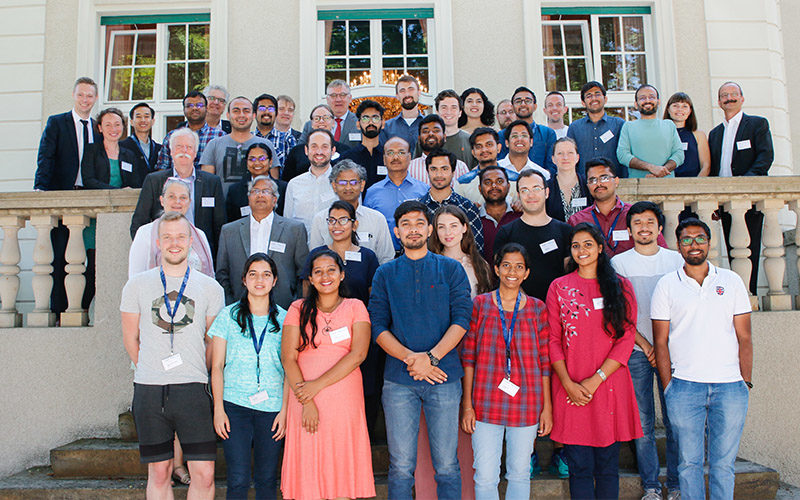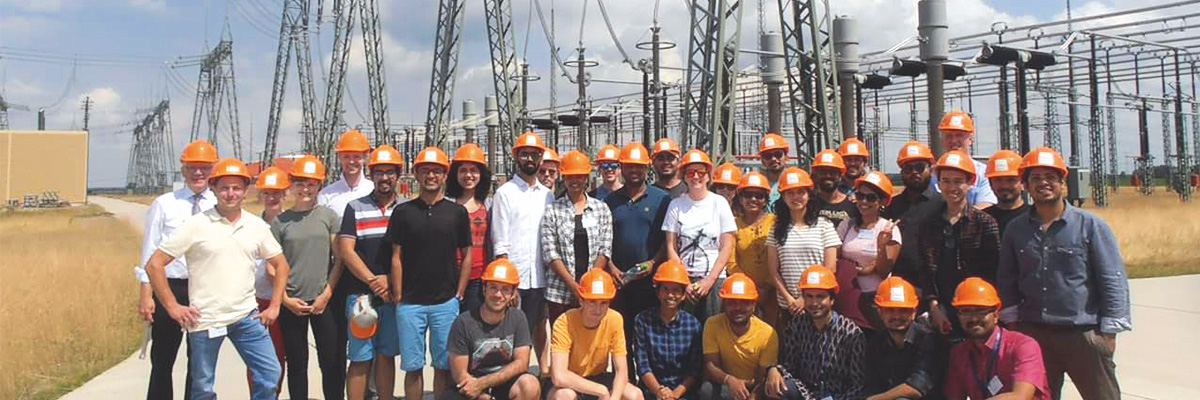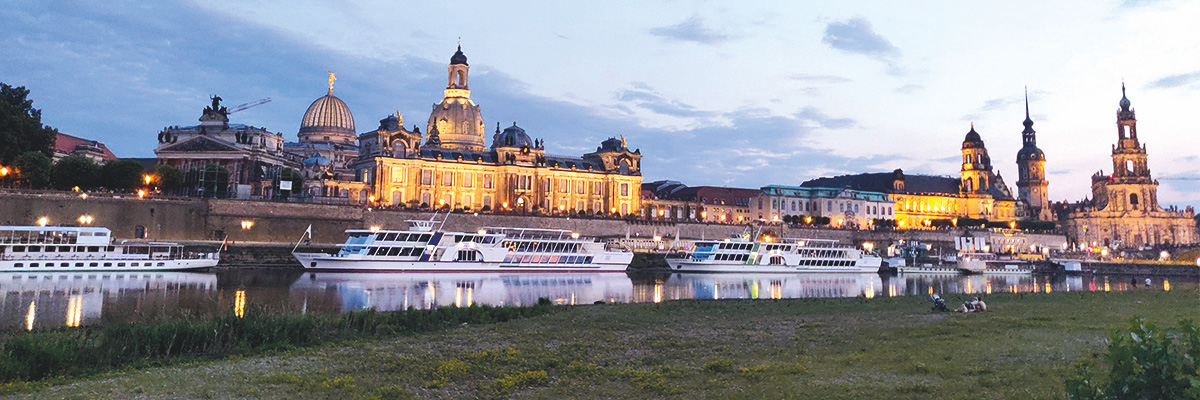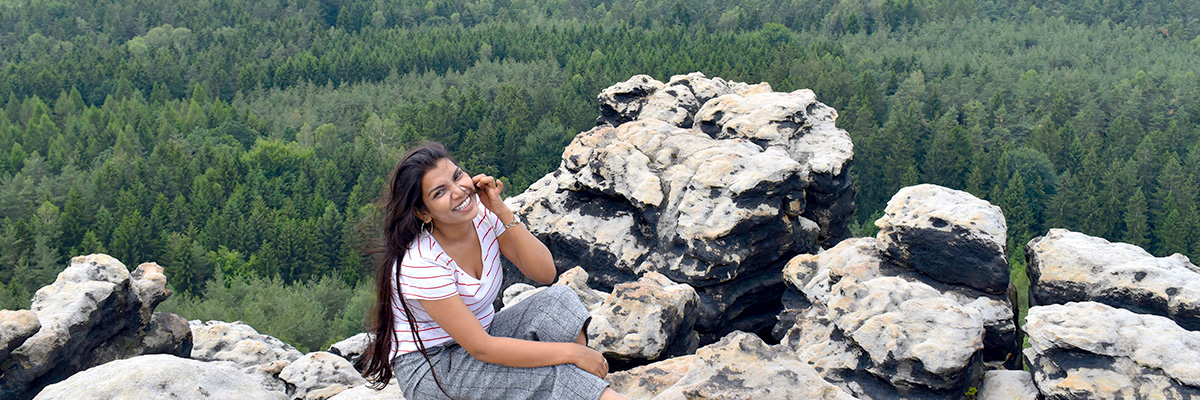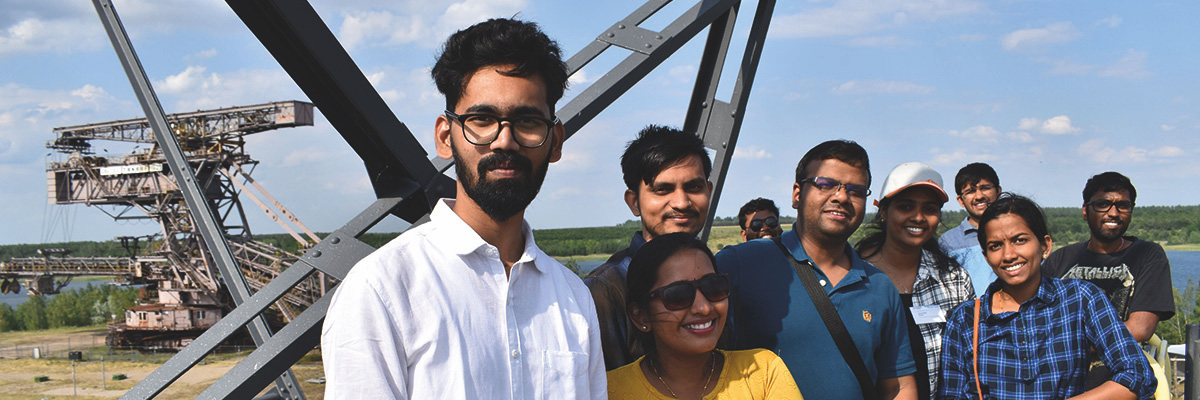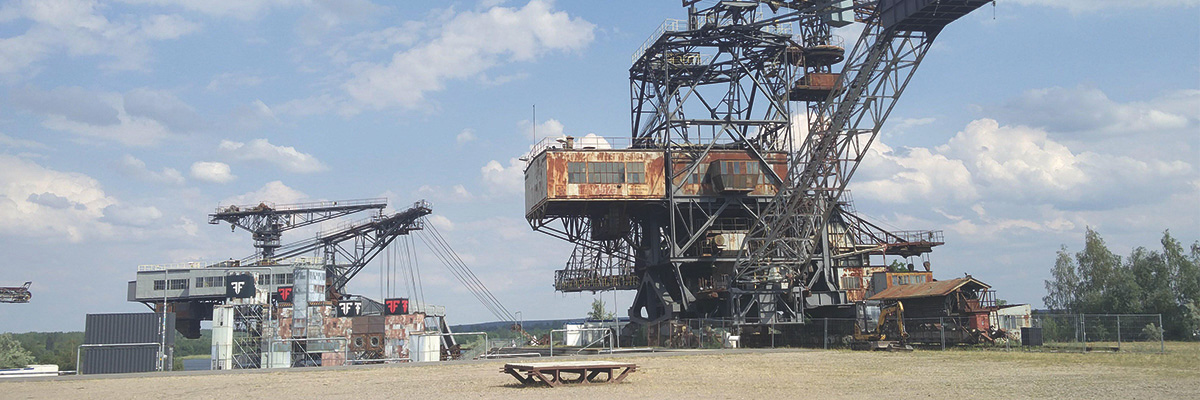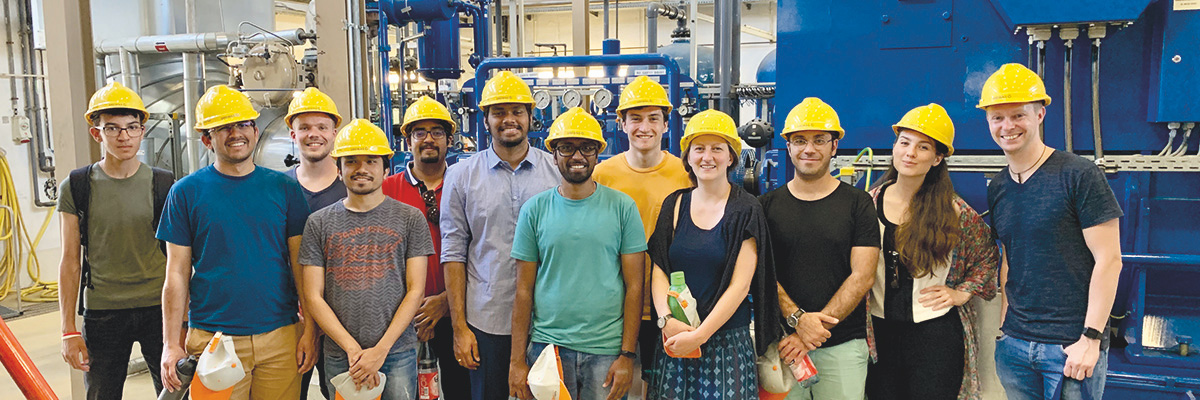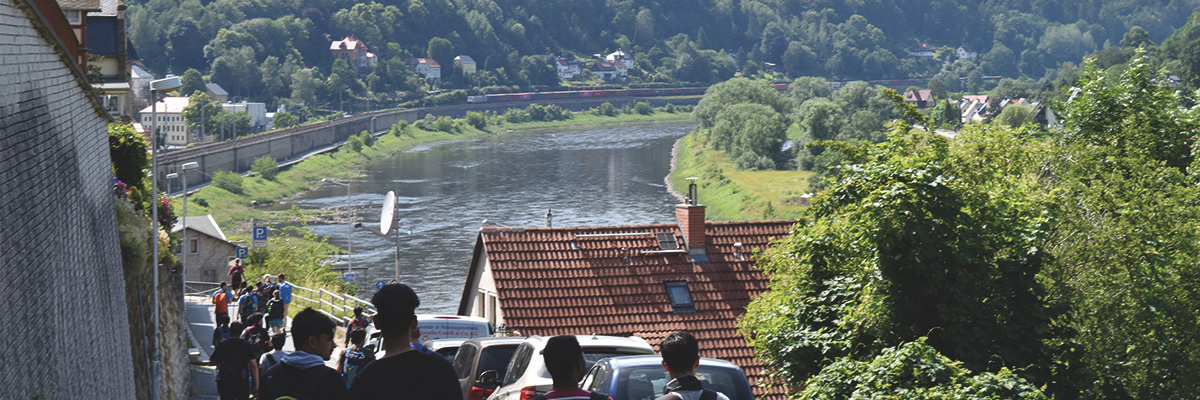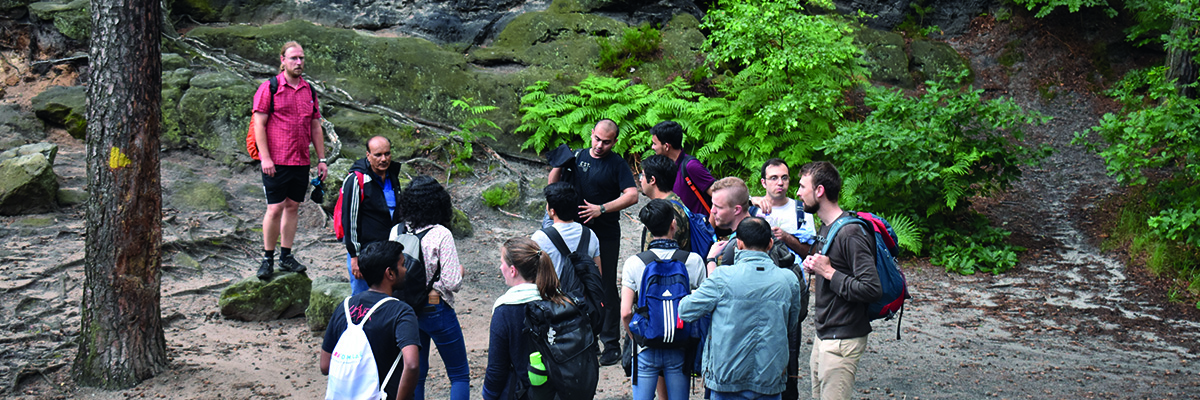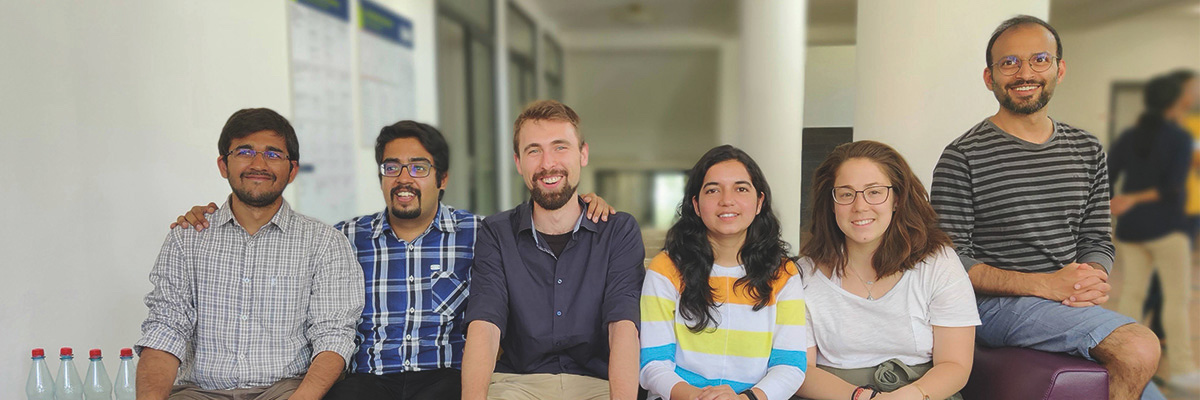Growing through diversity
The IGCS Summer School on Smart Grids – Electricity Networks as the Backbone of a Carbon Neutral Society was conducted on the campus of the Technische Universität Dresden which is located in the beautifully reconstructed old town of Dresden, Germany. There were students from all backgrounds of academia, be it electrical or mechanical engineering or architecture or economics or environmental science, and I, Muskaan Kochar, consider myself privileged to be a part of them. In total, we were 30 students who were brought together for a span of twelve days and I’m certain we will remain connected always.
From Energy Policy to Green Energy Technology Startups
The summer school was broadly divided into two parts, the lectures, and the project work. Every morning after lectures we would either head out for technical excursions or split into groups to work on our projects. I was awestruck by the facilities at Highvolt, Innovation power plant, and 50 Hertz. The visit to the Volkswagen manufacture was candy for the mechanical engineers. The 13 lectures covered a broad spectrum of topics like concepts of electrical energy networks,stakeholder interaction, rural electrification, sector coupling, grid components, and power grids under the aspects of economy, ecology, and regulation. Not only did they provide us with technical knowledge but also about making the technology sustainable and urged us to think from an economic perspective and understand the steps involved in distributing and transmitting the generated energy. The lectures along with the excursions facilitated our projects and enhanced our knowledge.
Personally, I liked the lectures by Professor Praktiknjo and Mr. Manjunath Ramesh the most. The former taught us about three goals of energy policy and also conducted a practical simulation game to give us hands-on experience. The latter shared with us the concept of his startup, Nuventura GmbH, and his plans for the future. These lectures taught us how to think beyond building technology. They provoked us to think about their implementation and how to make it practical.
Tinkering
For the projects, we were given broad project headings which provided us with the flexibility to work creatively in our desired direction and also incorporate the skills of the technically diverse team members. The ideas of all the teams were unconventional and exercised one’s grey matter. The professors guided us when we were in doubt, reviewed our work at multiple stages and left us with intriguing questions about our model. This made the process extremely wholesome. My team worked on the topic of e-mobility where we viewed an electric vehicle (EV) as a consumer or prosumer. To begin with, we challenged the given topic by comparing the carbon emissions of EVs and conventional vehicles. On becoming certain about the advantages associated with using EVs we studied the market scenarios in developed, like Germany, and developing, like India, countries and built a model that would incentivise individuals to invest in EVs. The main challenge faced was the availability of charging platforms. This could be overcome by a transaction platform for peer to peer trading or feed-in tariff. This would meet the goal of our topic as well. To strengthen it further we carried out a cost-benefit analysis and were amazed by the results for an EV. There is a lot of scope for development in this field. There are teams who wish to continue building their models even after the school is over.
Discovering Saxony
I firmly believe that the summer school was a huge success. This was possible only because of the emphasis put on the interaction between people of varied backgrounds, not only academically but also culturally and not only amongst the students but also with the hosts, the professors, and industrialists. On our very first evening in Dresden, we gathered for the opening dinner post which the hosts encouraged us to enjoy the city carnival. The students from German universities took this as an opportunity to showcase their culture and familiarise the Indian students with their history. The next day, there was a hike to the Saxon Switzerland national park. The air; so pure and the sight; so wonderful. It brought everyone together. After this, the next ten days just flew by. On the next Saturday, we visited the small city of Wittenberg and Ferropolis, also called the city of iron. On Sunday, a spontaneous city tour was organised and it added on to the fond memories we all had made. And finally, for our closing dinner, we were all invited to a brewery. A visit to Germany is incomplete if doesn’t visit one, right? Our hearts filled with gratitude for everyone who made the IGCS summer school possible as we all parted ways, to see the beautiful country and to implement what we’ve learnt.
What I will take home
The summer school had more to offer than visible to the eye. All the social and cultural activities molded us as a person. The team building activities, taking responsibility and shouldering them well, working in constrained time and most importantly communicating added on to the academic learning. I also learned how to view a problem from different perspectives. Now I always ask myself, how would an economist view it? How will an environmentalist view it? How can I communicate my findings better and make it more accessible and understandable by everyone? I would strongly encourage applying for a Winter- or Summer School of IGCS. Another option to join IGCS is by applying for a research stay and an associated scholarship.
Reporter: Muskaan Kochar, IGCS student assistant and participant at the IGCS Summer School 2019

